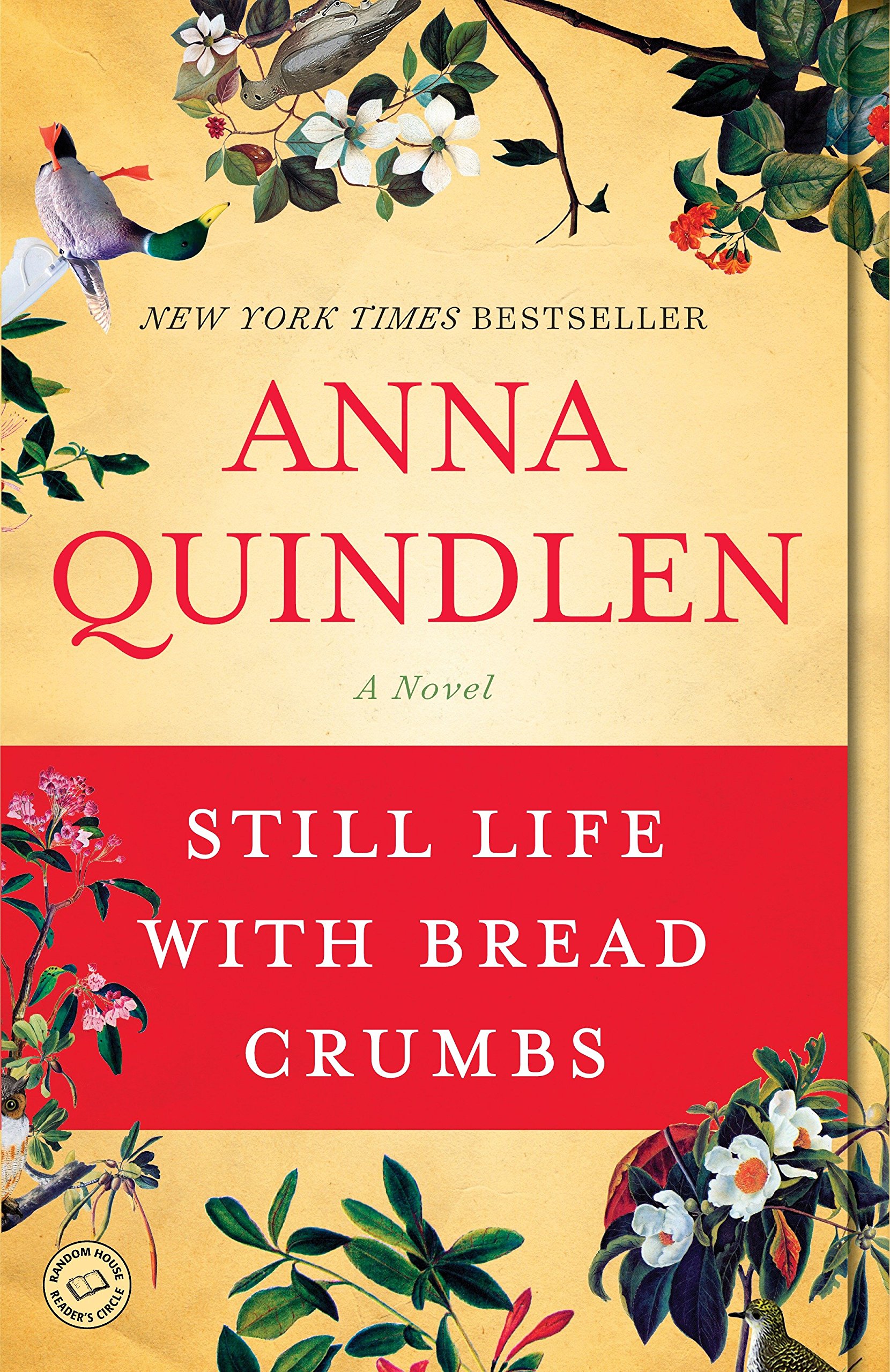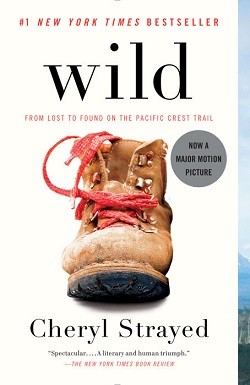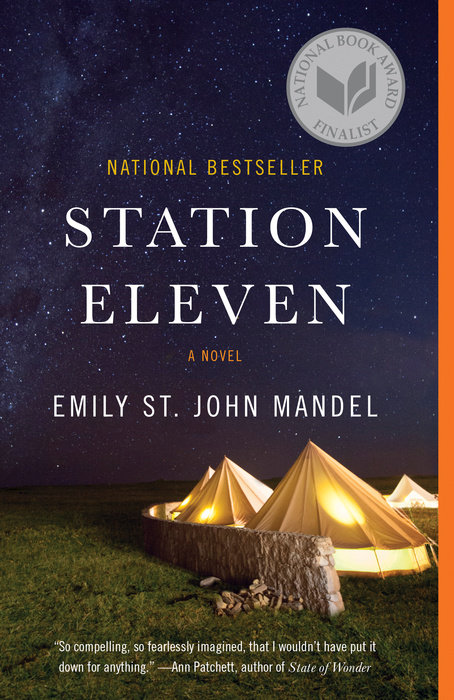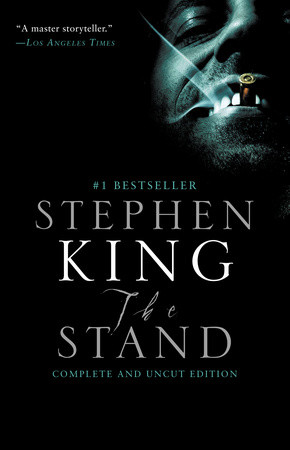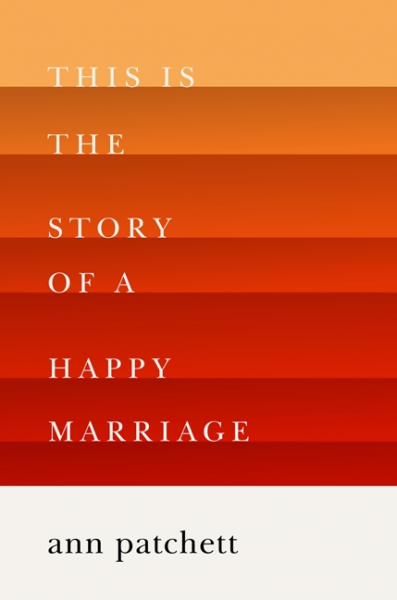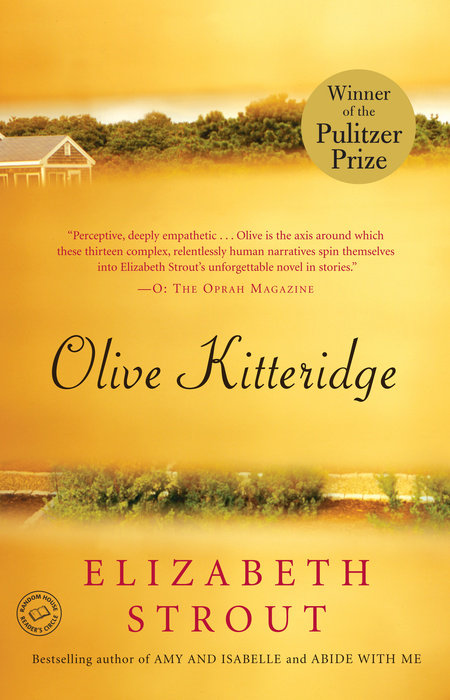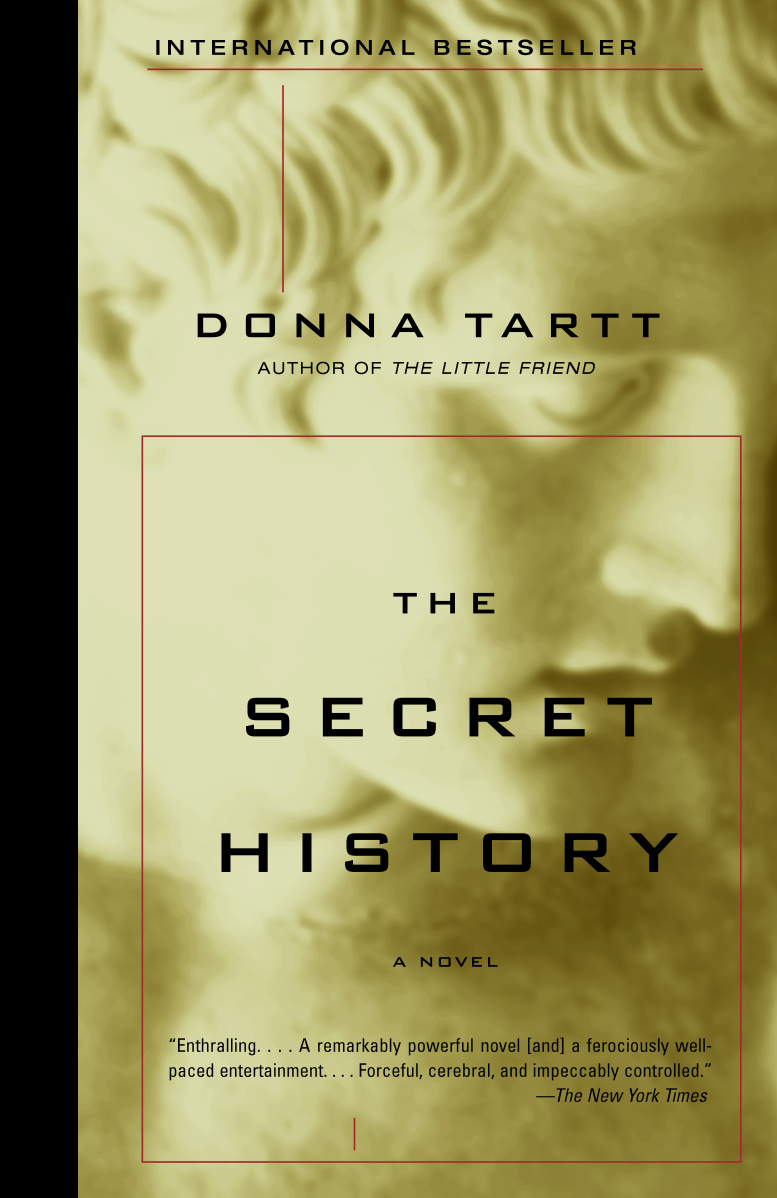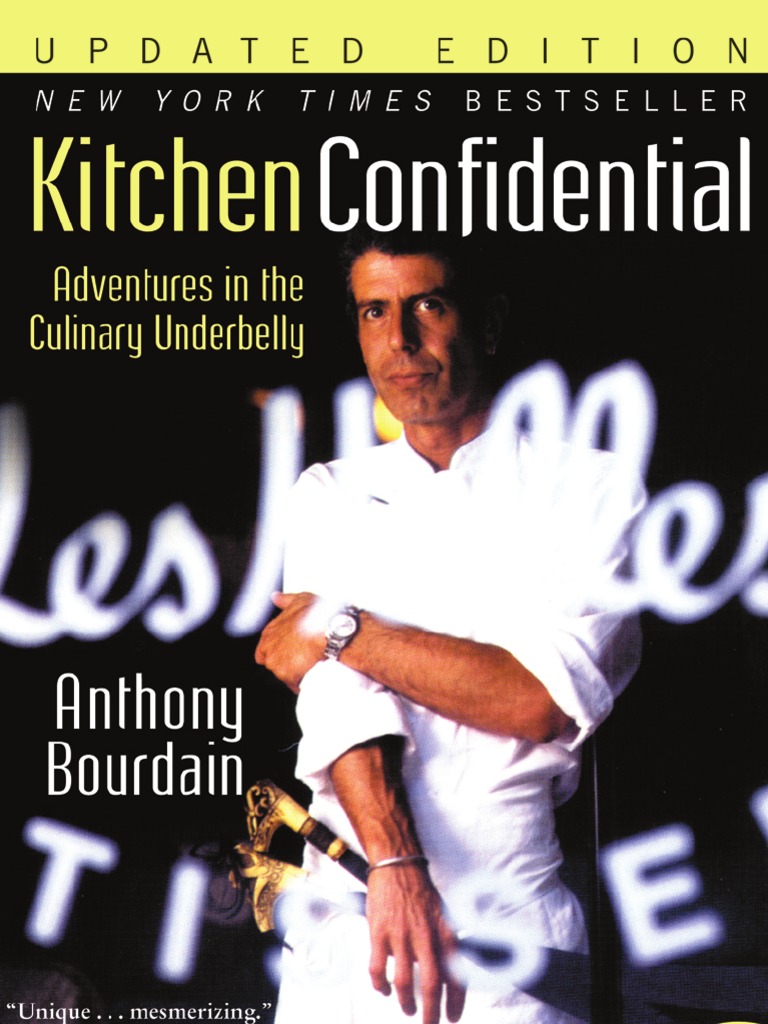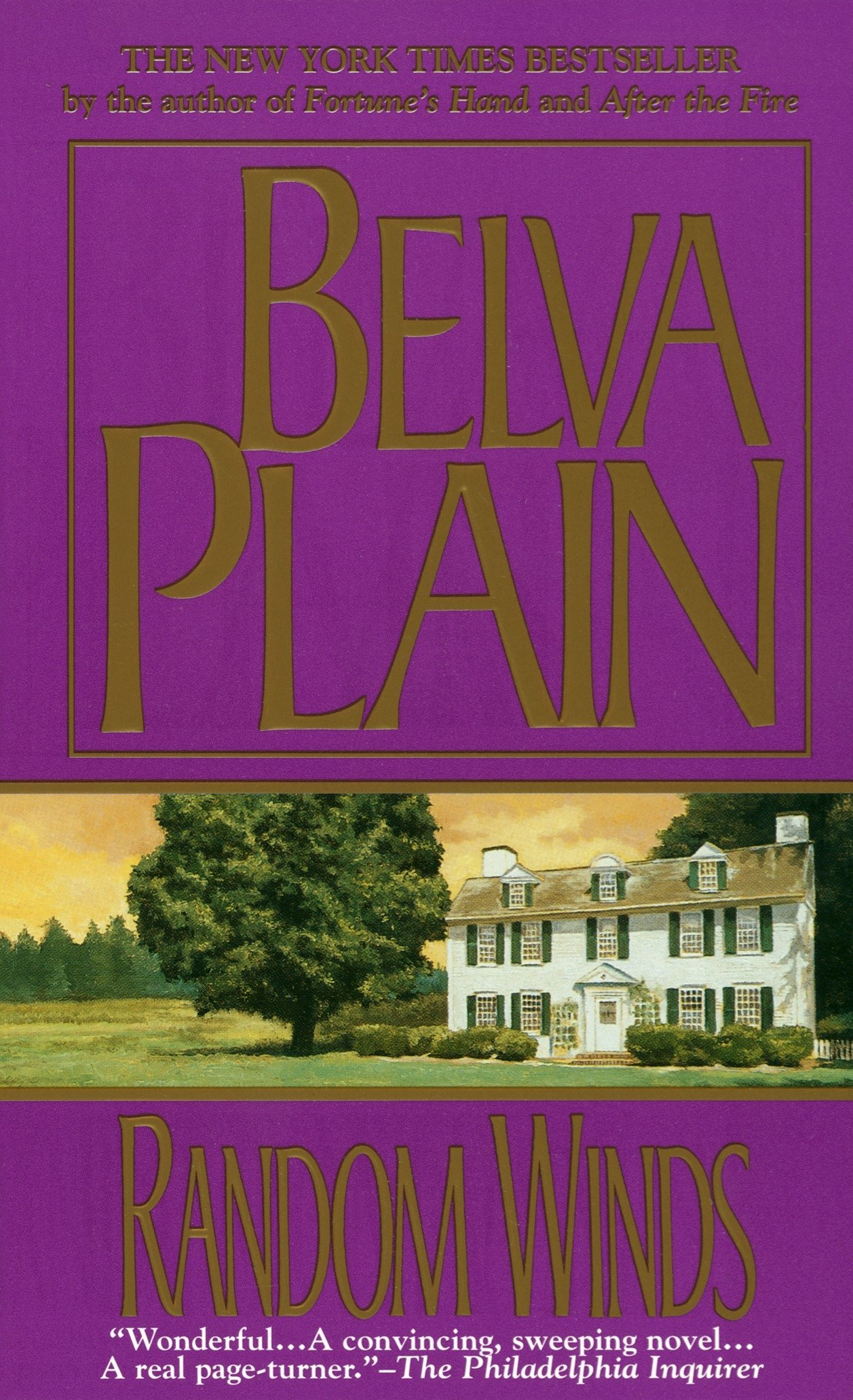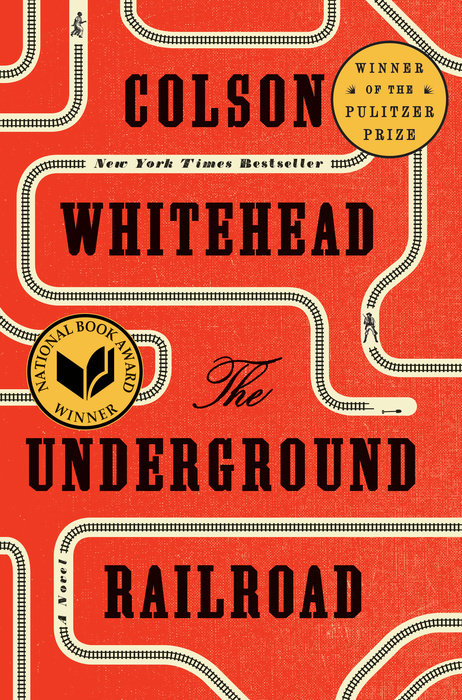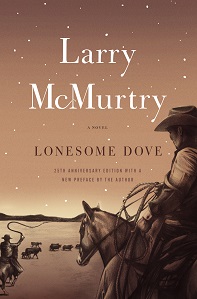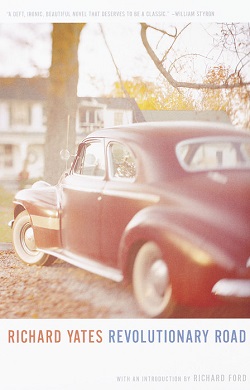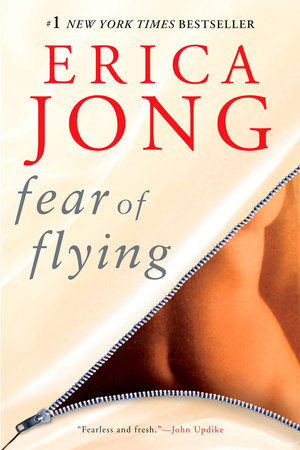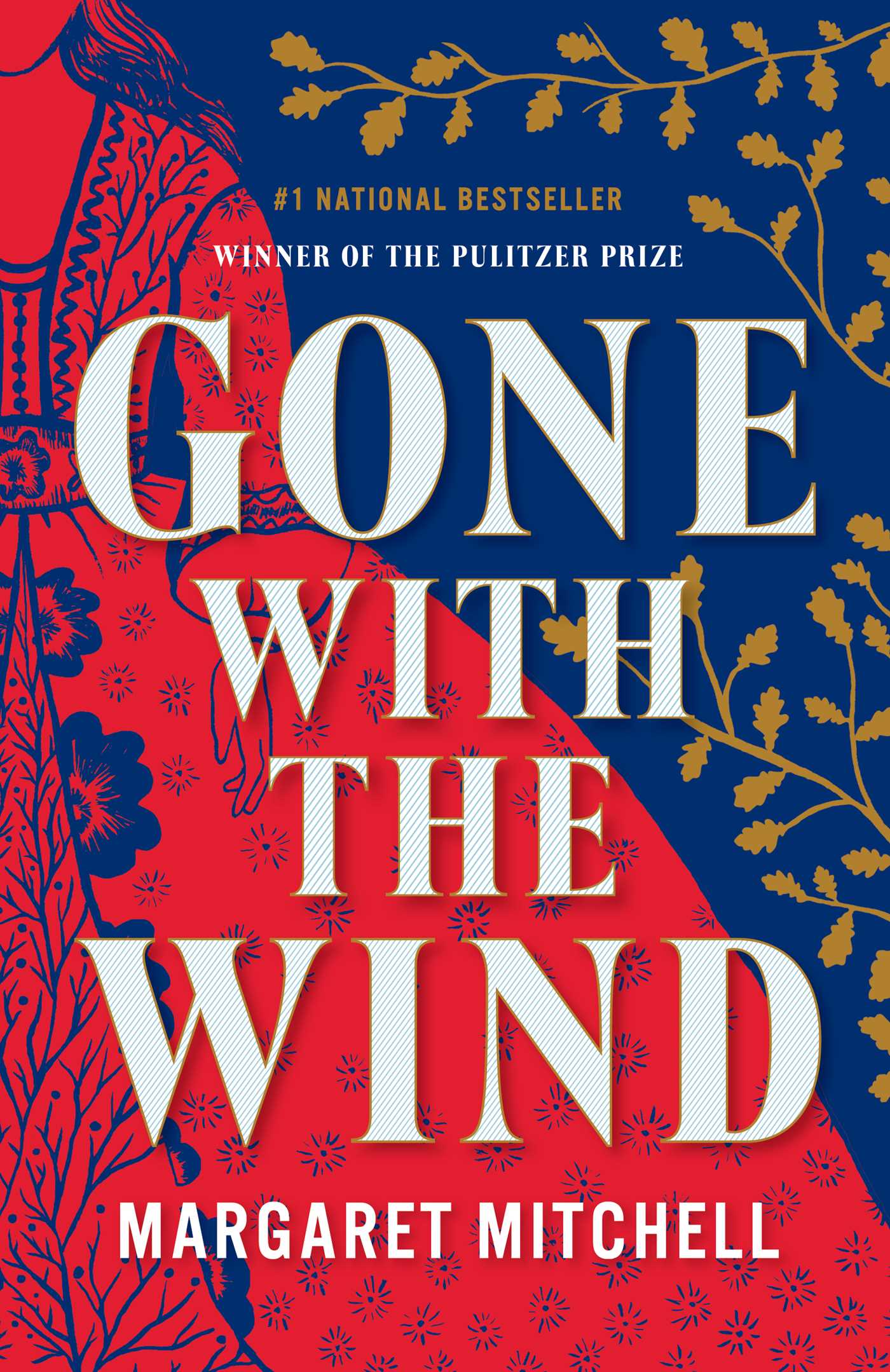When readers ask me what my favorite books are, I freeze. There are so many wonderful books out there! And my answer is influenced by many things—what I’m reading, what mood I’m in, what my reading needs are (research or pleasure). But there’s a common denominator to the books I love most: the characters seem like real people and they stay with me throughout the years, like old friends. I feel less alone because of some commonality of experience—whether it’s the description of the way the light looks or an emotional situation, I think: Oh, that’s so true; I just didn’t think of it that way before. And I learn from my favorite books. Here are some of them.



